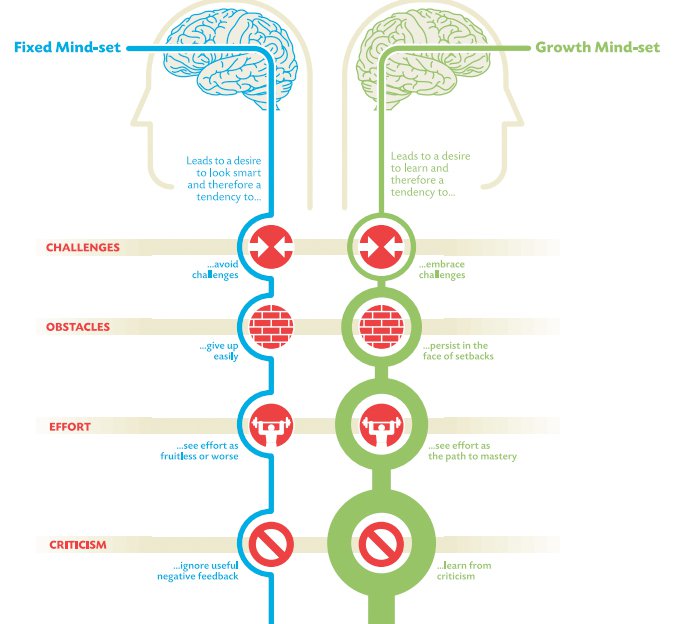#Leadership : Day In The Life; Simple Ways To Turn A Bad Day Around…The Mind is Like a Muscle: It Requires Careful Maintenance or It’ll eventually be Pushed Beyond its Limit Sending You into Burnout Territory.
Being a millennial entrepreneur comes with it’s fair share of emotional ups and downs. Some days your energy is high. Your creativity is on fire. Other days? You find yourself in a motivational slump, wondering where that inspiration and focus disappeared to.
Let’s talk about bad days, because we all have them.
Recently I had one of those frustrating “off days”. My mood was low, my brain was foggy, and my inner critic was seriously acting up. Maybe you can relate. We’ve all been there at one time or another.
In the interest of having more honest conversations about work-life balance, happiness, and what it’s really like to be part of the side-hustle generation, I want to share how I lift myself out of a rut and rebound from a bad day.
When I’m feeling overwhelmed or uninspired, I first shift something in my surroundings. There’s science behind this seemingly simplistic approach: it’s been shown that a change of environment stimulates creativity.
Like this Article ? Share It ! You now can easily enjoy/follow/share Today our Award Winning Articles/Blogs with Now Over 2.5 Million Growing Participates Worldwide in our various Social Media formats below:
FSC LinkedIn Network: (Over 15K+ Members & Growing !) www.linkedin.com/in/frankfsc/en
Facebook: (over 12K) http://www.facebook.com/pages/First-Sun-Consulting-LLC-Outplacement-Services/213542315355343?sk=wall
- Google+: (over 800K)https://plus.google.com/115673713231115398101/posts?hl=en
- Twitter: Follow us @ firstsunllc
educate/collaborate/network….Look forward to your Participation !
Continue of article:
Luckily in New York City there’s no shortage of quirky, wifi-enabled places to work like the David Rubenstein Atrium at Lincoln Center–a spot my friend Jason Van Orden, a business strategy consultant, recently turned me on to.
The mind is like a muscle: it requires careful maintenance or it’ll eventually be pushed beyond its limit sending you into burnout territory. Focused thinking free from distractions and social media–what Georgetown University professor and author Cal Newport calls “deep work“– is essential on days where I’m feeling scattered. Working from a hidden haven like this secret garden in Central Park allows me to concentrate for an extended period of time.
When I step away from distractions and give myself space to think, my best work comes out.
A bad day tends to cast a cloud over everything and trigger negative feelings that make us see situations more pessimistically. When in the thick of a funk, I remind myself that while I may have bad moments, it’s not a bad life . A high point of my day was receiving this thoughtful card from my Mom. It was just what I needed to shift my attitude.
What also keeps me on track when a bad day threatens to take me off course is trusting the systems and structures I’ve put in place for the way I work. I’m a big fan of morning rituals and equally rely on evening routines, including zeroing my inbox and jotting down my number one priority to accomplish the next day. It ensures I hit the ground running tomorrow and helps me leave that funk far behind.
Now, I’d love to hear from you: What is your go-strategy for rebounding from a bad day at the office? What have you found effective for breaking out a motivational slump? Let me know in the comments or on Twitter at @MelodyWilding.
Melody J. Wilding helps ambitious women and female entrepreneurs master their inner psychology for success and happiness. Learn more about better career and life balance at melodywilding.com.Save
Forbes.com | August 10, 2016 | Melody Wilding Women Forbes




 Common sense would suggest that having ability, like being smart, inspires confidence. It does, but only while the going is easy. The deciding factor in life is how you handle setbacks and challenges. People with a growth mindset welcome setbacks with open arms.
Common sense would suggest that having ability, like being smart, inspires confidence. It does, but only while the going is easy. The deciding factor in life is how you handle setbacks and challenges. People with a growth mindset welcome setbacks with open arms.